In cases where extra teaching is not allowed, the extra teaching organization stated in Article 4 of Circular 29 stipulates that “teachers who are teaching at schools are not allowed to teach extra classes outside of school and collect money from students for the students that the teacher is assigned to teach by the school according to the school’s education plan”. This is a new point compared to Circular 17/2012/TT-BGDDT and is being debated a lot on social networks with different opinions. So, is this regulation reasonable?
Previously, Circular 17/2012 stipulated that teachers receiving salaries from the salary fund of public service units were not allowed to teach extra classes outside of school for students that the teachers were teaching in the main curriculum without the permission of the head of the agency managing that teacher. This regulation is based on the Law on Public Employees, which means that public employees "are allowed to sign contracts for tasks and work with other agencies, organizations, and units that are not prohibited by law, but must complete assigned tasks and have the consent of the head of the public service unit".
However, Circular 17/2012 omitted the condition of “must complete assigned tasks” (although it is difficult to determine); moreover, the right to decide whether teachers can teach extra classes with their own students belongs to the head of the unit. Due to the lack of strict regulations, there has been abuse, with teachers cutting down on the curriculum and knowledge that needs to be imparted in class to teach extra classes outside.
Therefore, in order to avoid being disadvantaged in the assessment of learning outcomes and knowledge acquisition, students must both study in class and take extra classes outside of school in the same subject with the same teacher. The result is increased financial costs, time, affecting the study of other subjects and the comprehensive development of students. Therefore, teachers must be prohibited from taking extra classes for money from students they directly teach in class.
Ethically, teachers have a responsibility to teach with all their heart in imparting knowledge to students. If teachers withhold part of the knowledge to “force” students to take extra classes, it will negatively affect the mission of education and create inequality among students because not all students have the financial ability to take extra classes.
So, in order for teachers to be objective, to properly perform their duties and to have the ethics of a teacher, financial interests must not dominate the formal teaching process of teachers. To do this, the design of the law must close the loopholes so that teachers can be "innocent" during their formal teaching time.
In addition to ethical issues, a principle in lawmaking is to avoid conflicts between legal provisions. The Law on Anti-Corruption stipulates that people with positions and powers are not allowed to take advantage of their positions for personal gain. Meanwhile, Circular 17/2012 allows teachers to charge extra tuition to students they teach in their regular classes if they have permission from the head of the agency managing that teacher.
Thus, there is a lack of synchronization and conflicts between legal documents. Because when teachers teach extra classes and collect money from students they directly teach, they will fall into a conflict of interest situation, contrary to the principle of transparency in performing public duties. Circular 29/2024 has overcome the negative aspects that may occur, ensuring that the law is synchronized and unified, eliminating the risk of abusing extra teaching and learning to distort the teaching process, affecting the education career.
Thus, from an ethical and legal perspective, it can be affirmed that it is completely reasonable to prohibit teachers from giving extra lessons for money from students they directly teach in the main curriculum, in order to ensure fairness and transparency, and avoid conflicts of interest in education. This process also contributes to improving the quality of teaching during main curriculum hours, maintaining the professional ethics of teachers, and at the same time creating a healthy learning environment for students.
Tung Lam
Source: https://baoquangtri.vn/cam-giao-vien-day-them-cho-chinh-hoc-sinh-cua-minh-la-hop-ly-191973.htm


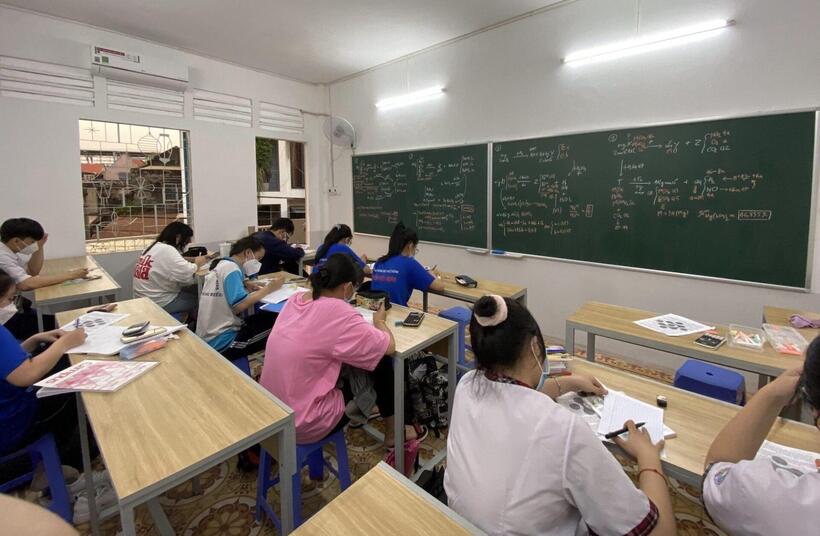


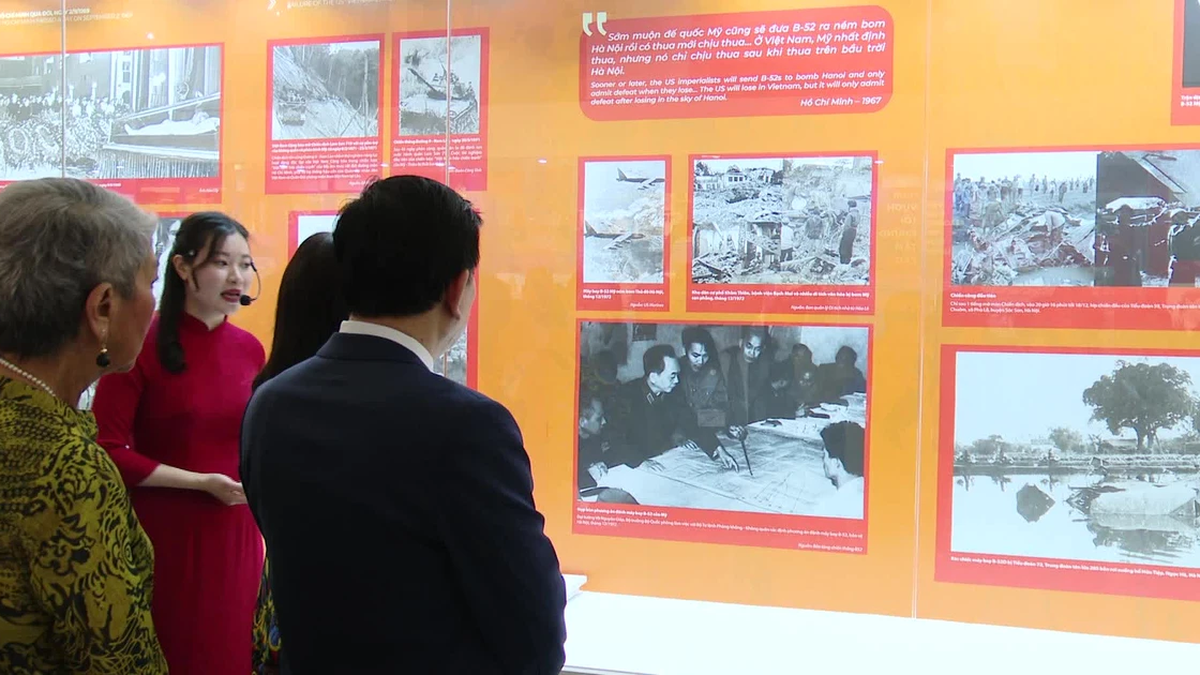
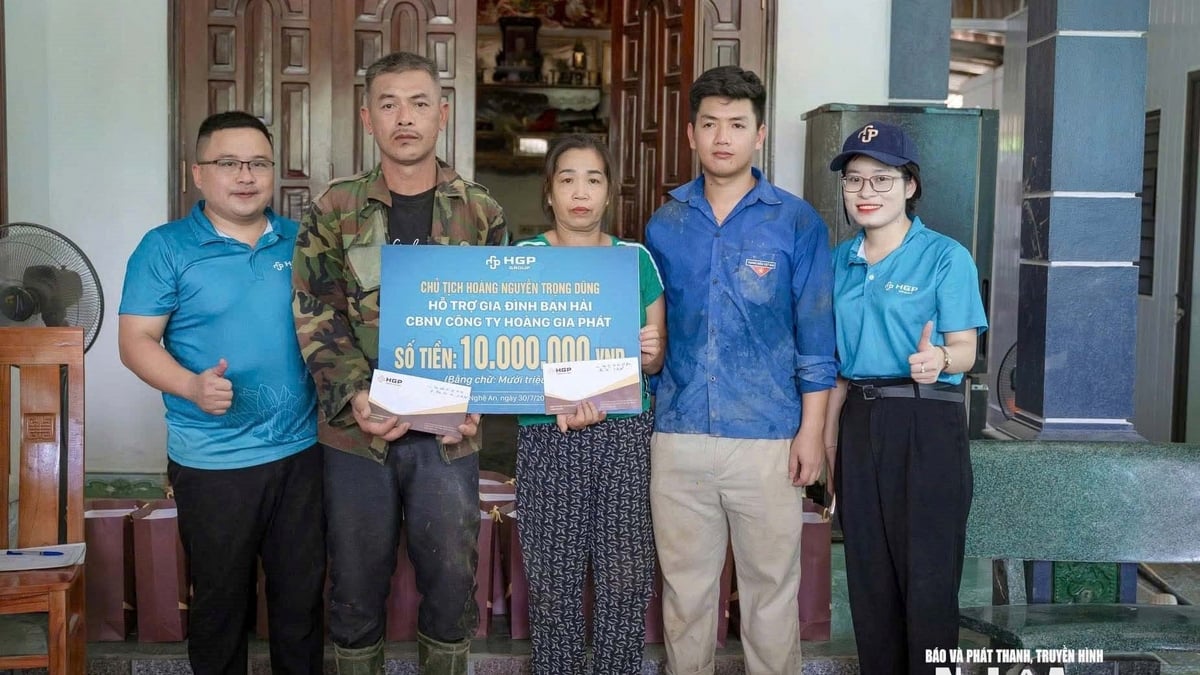
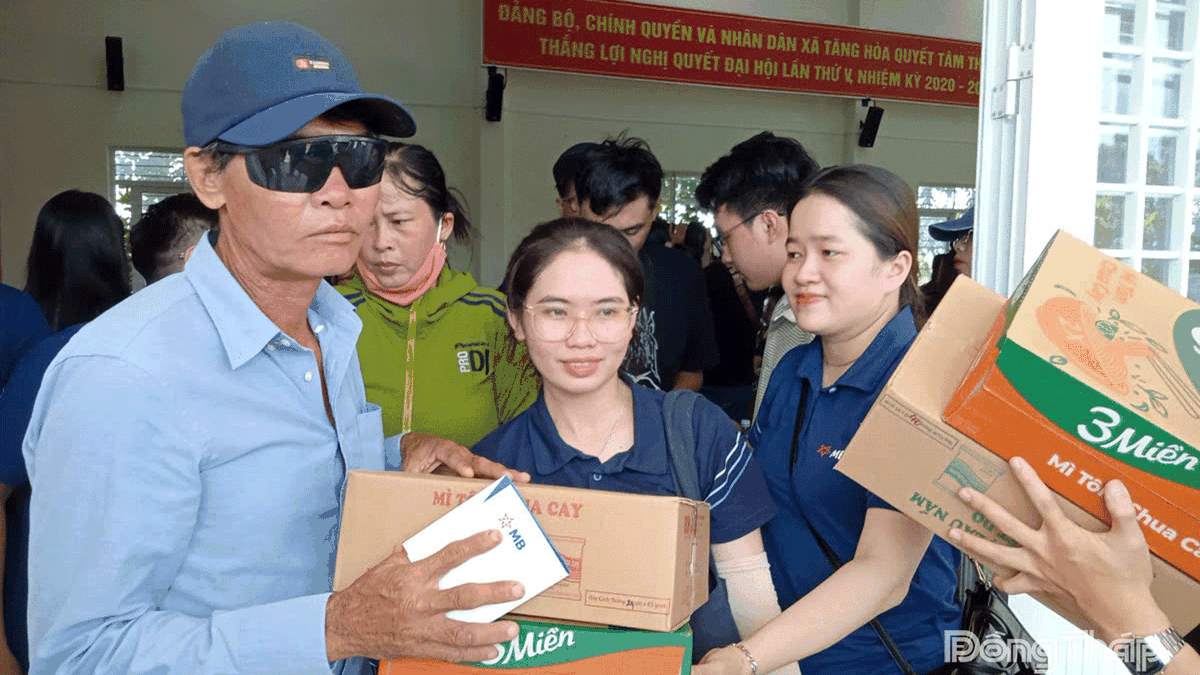
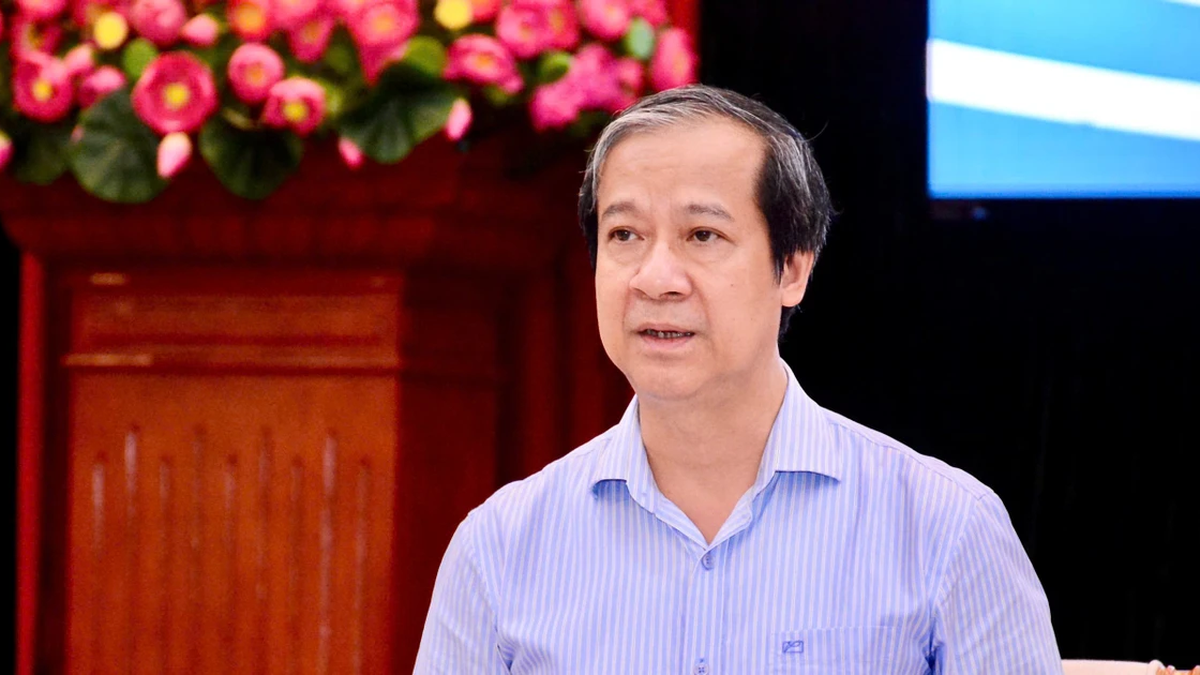
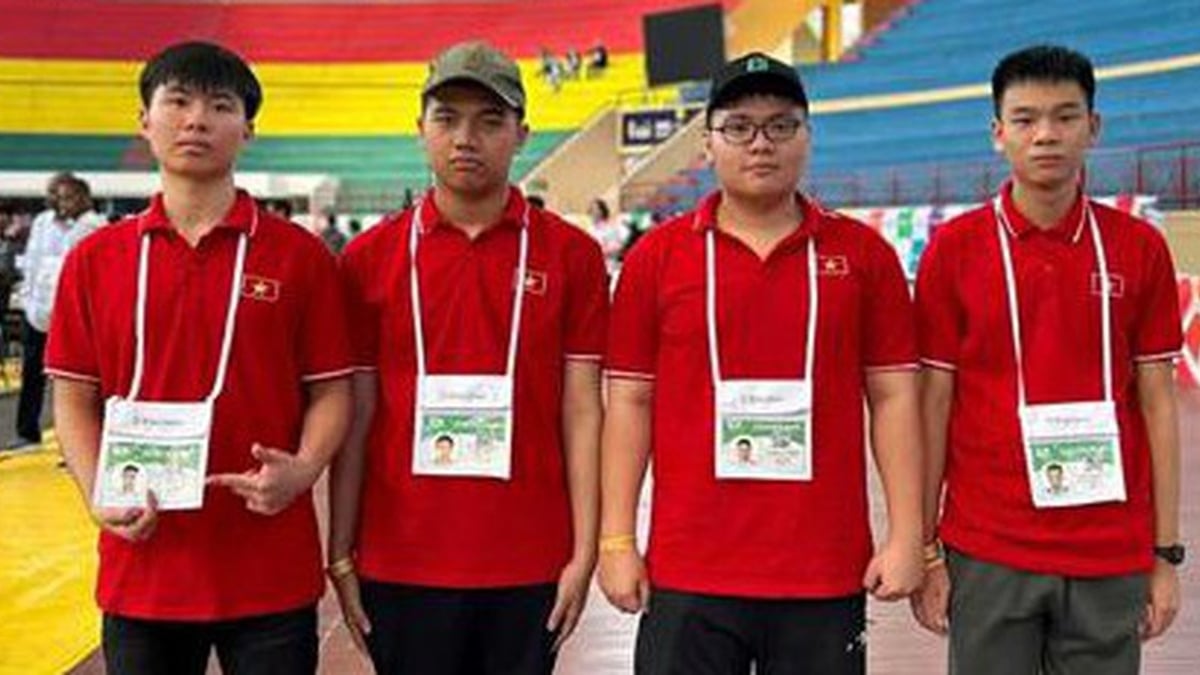
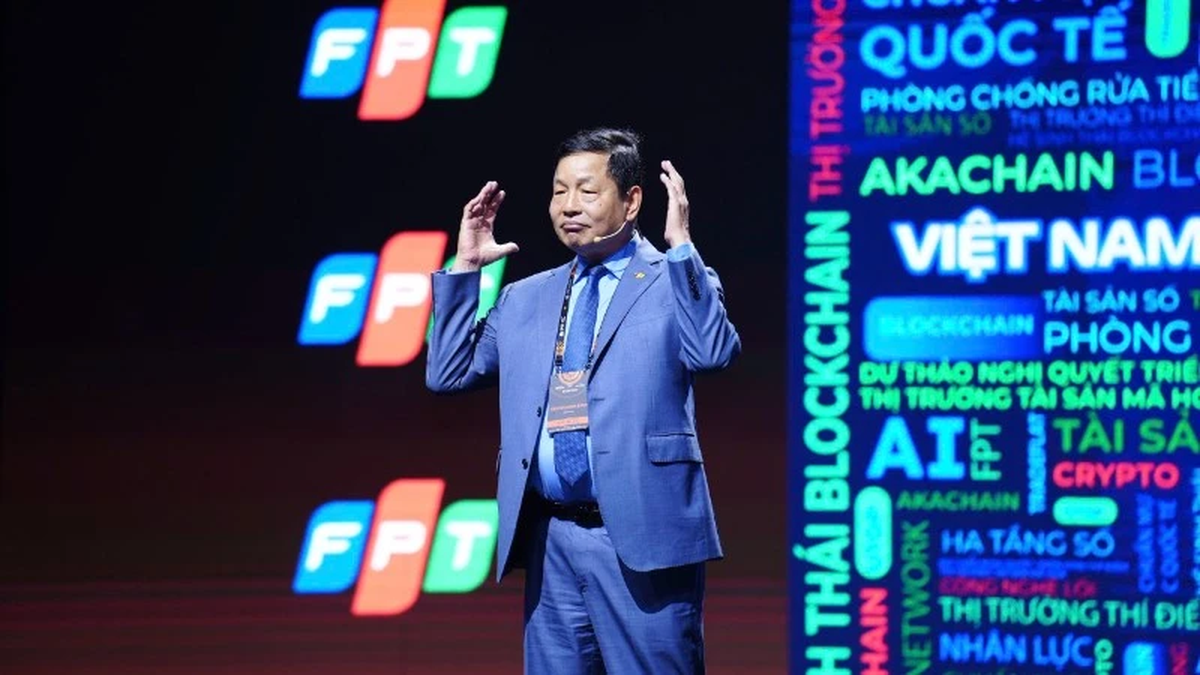
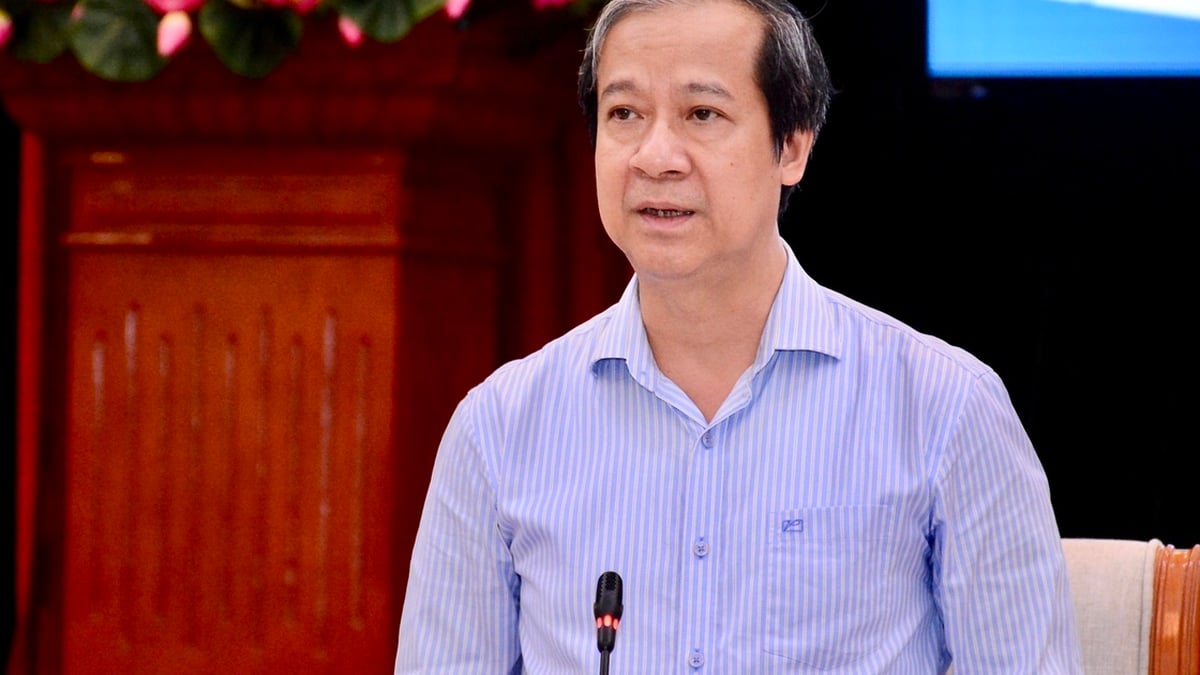























































































Comment (0)